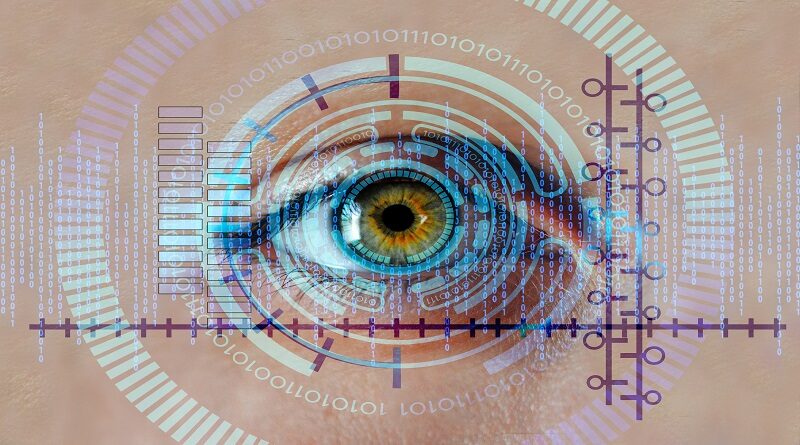Postgraduate courses in Biometrics
There is quite a lot to biometrics. It involved large amounts of information and data crosses biology with mathematics, to simply put it.
There are a few courses across the UK that can help you to develop your career and go in the direction you desire.
Take a look below. After all, you can never be too educated so why not add to your undergraduate degree now?
What is biometrics?
Biometrics refers to the calculations and measurements of the body related to human characteristics. Biometry is the method of applying maths to biology. There are two types of biometrics – behavioural biometrics and psychological biometrics.
Behavioural biometrics is the study of patterns in behaviour. It relates to the measure of uniquely identifying and measuring patterns in human behaviour. Psychological biometrics refers to features such as fingerprints and retina scans in order to identify individuals.
What to expect in this career?
Your duties and tasks will differ depending on the exact area you are working in such as the two different areas mentioned above. All biometrics jobs require you to apply statistical and mathematical techniques to interpret a large amount of information. This data and information comes from research done in multiple sciences including health, food science, medicine and agriculture.
While your specific area will depend on more particular tasks, in general, duties that may be carried out working in this area may include:
- Design and analyze trials
- Interpret and analyze the biological systems modeling
- Model and display disease spread
- Carry out different clinical trials on newly produced drugs and medication
- Keep up to date with new research and findings in the field
- Attend meetings and conferences
- Manage and oversee lab work
- Work alongside others both within science professions and outside those professions
- Use computer software
- May work between agricultural institutes, hospitals, clinics, labs
Courses
There are many courses on offer in the area across the UK. Some courses offer the opportunity to study either part time or full time. Universities may have certain restrictions in place due to Covid-19 and may offer courses online. There are courses available in this area across a number of colleges and are very similar. Courses include:
Digital Media Processing and Biometrics
Postgraduate courses in this area allow students to gain specialist research skills and knowledge. A main aim of this course is placed on developing innovative visual interfaces for tele-exploration and tele-operation capable of providing users with an increased sense of presence through greater involvement of human sensors and consistency of information presentation. Subjects include 3D Vision and S3D Visualization, Immersive Tele-Health and 3D Endoscopy, to name a few.
Information Security and Biometrics
Courses in this area offer an advanced level of learning and will provide students with a detailed understanding of the theories, concepts and techniques in the design, development and effective use of secure information systems important in the world of biometrics. You will gain skills in order to develop modern security systems with an emphasis on biometric identity management.
Entry Requirements
Entry requirements may differ from course to course or university to university. Therefore, it is important to research your specific course in detail to ensure you meet the entry requirements. As these courses are postgraduate courses, you will need a bachelor’s degree. Some courses may accept a 2.2 degree while others will require a 2.1. A degree in biotechnology, biological sciences, microbiology or a related area is mostly required.
Salary
Your salary will depend on your role, the company you work for, the area you’re working in and often experience/seniority. It is hard to put exact figures on this area so we will look at examples to give you a rough idea. It is believed that the average salary of a Biometric Engineer in the UK is around £45,290. Salaries can also differ depending on your location. They can range from around £40,000 (median salary in the North West UK) to £72,500 (East of England). All figures are intended to be used as a guide only.
Skills and requirements
Skills and requirements that will be helpful in this area include:
- Excellent communication skills
- Strong interpersonal skills
- IT skills
- Numerical skills
- Critical thinker
- Attention to detail
- Organisation skills
- Flexible – with time and travel
- Methodical approach to research
- An interest in your area
- High safety and health standards




